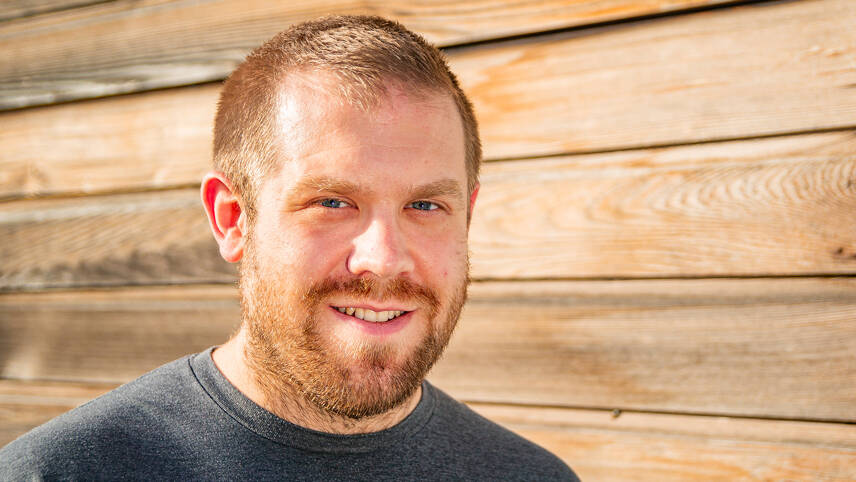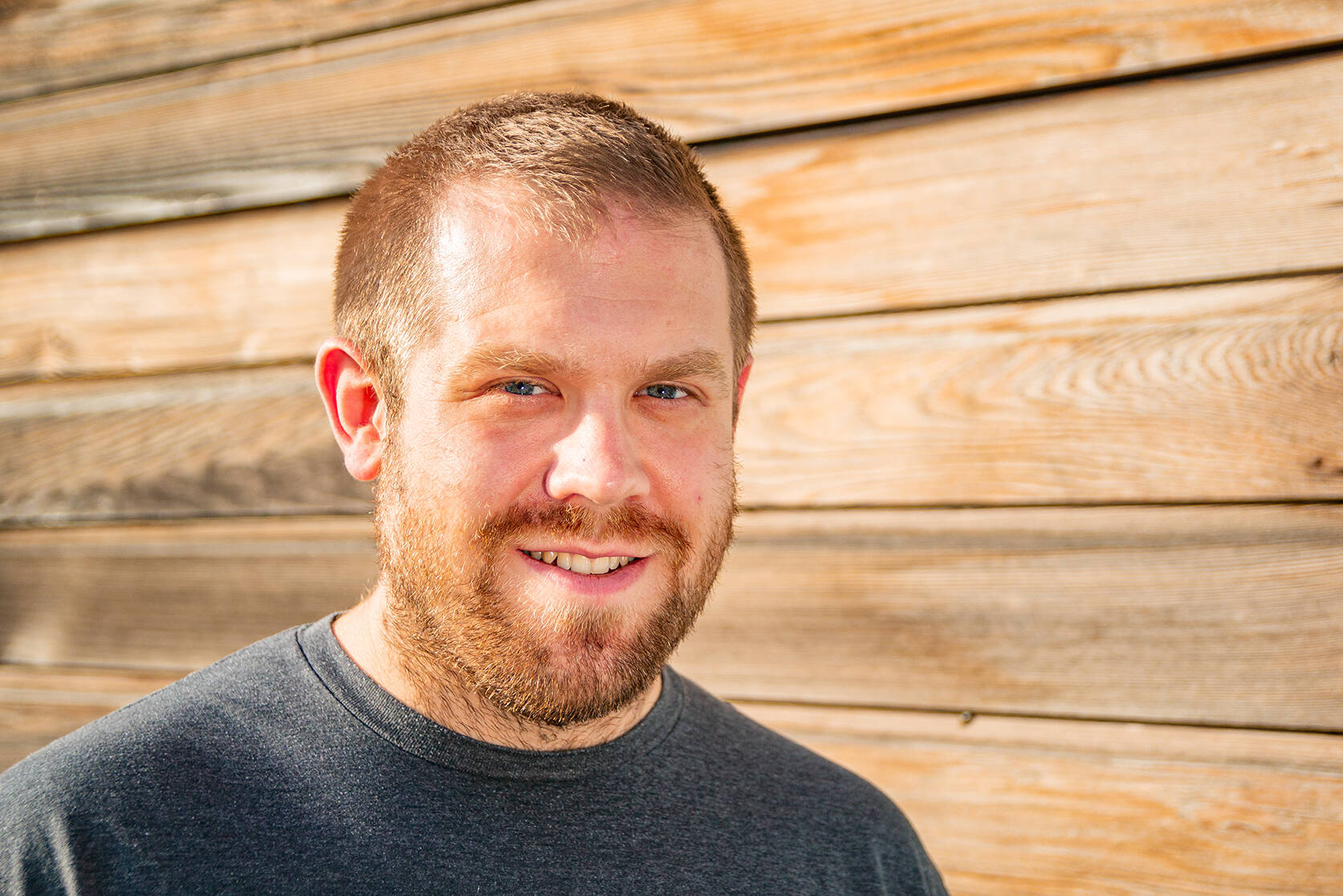You’ve reached your limit!
To continue enjoying Utility Week Innovate, brought to you in association with Utility Week Live or gain unlimited Utility Week site access choose the option that applies to you below:
Register to access Utility Week Innovate
- Get the latest insight on frontline business challenges
- Receive specialist sector newsletters to keep you informed
- Access our Utility Week Innovate content for free
- Join us in bringing collaborative innovation to life at Utility Week Live

Everflow CEO Josh Gill discusses the need for the water industry to focus on advances in machine learning, open data and AI as well as what the sector can learn from innovation in finance.
What has been your career highlight thus far?
Creating more than 120 jobs with an employee net promoter score of over +60. One of the two main reasons for starting a company was to create jobs people would enjoy, and a workplace they would be proud of.
 What is your golden rule for overcoming challenges at work generally?
What is your golden rule for overcoming challenges at work generally?
Ask yourself what is the simplest solution to the problem, and then when you’ve found it, force yourself to think how to make it simpler again. Internally, we call this ‘making things simpler-er’.
How would you describe your creative process in three words?
Listen, intuition, socialise. Like a lot of entrepreneurs, I have high intuition and creative ideas and solutions usually come to me without necessarily trying to follow a specific creative process.
The pattern that usually occurs is listening, reading, and seeing data and absorbing information from lots of different sources and trends in the world around, after which ideas usually come to me without really specifically trying to come up with new ideas.
I’ll then socialise those ideas to refine them and come up with a working solution to benefit customers or people.
What’s the strangest place that working in the utilities sector has taken you?
Inside the Gibraltar Rock – not everyone knows that it has a water reservoir inside hollowed out from the rock and used to provide water for the peninsula.

What’s the best piece of advice you’ve been given?
Don’t be flexible with your customer offering – John Elliott of Ebac once gave me this advice when I spoke to him, right near the start of when I launched Everflow. The advice was to very clearly know who your customers were and what you were offering them, and be willing to turn away customers who don’t want what you are offering.
Such good advice for any new business owner as if you try and offer everything to everyone you won’t be able to offer good, consistent, service to anyone.
Which piece of technology, or app, could you not function without?
 Spotify – I gave away my entire CD collection as soon as it was released. I can’t concentrate without some other noise in the background.
Spotify – I gave away my entire CD collection as soon as it was released. I can’t concentrate without some other noise in the background.
What do you think is the key to creating the conditions for innovation within the utilities sector?
Data and information sharing is critical, and attracting more talent to the utility sector that loves data and information and understanding how to get the most from it. Regulators in the markets need to continue to invest in developing much greater data analytical skills to really understand constraints in markets beyond just financial metrics.
Often regulators can write policy that assumes we are dealing with a completely flat landscape, and misses the hills and valleys. Modern utility companies have the data available for them to see the undulations in the landscape. This would unlock a lot of creativity.
Which other industry do you feel that utilities can learn most from when creating the conditions for innovation?
The way that the finance sector has exploded in the last five years with open data and the provision of services to customers, using a lot more machine learning to tailor specific service offerings to specific customers.
There are a lot of parallels between finance and utilities and even though there is obviously a lot more money to be made with the finance sector, the lessons have been learnt which can translate at a much reduced cost into utilities.

What excites you most about the next 10 years in the utilities sector – any trends, tech or specific innovations?
Much greater focus on machine learning and AI capabilities.
As a business we are targeting as close to full automation of our utilities retail services as possible within the next 10 years, allowing us as a business to focus much more of our people’s time and efforts on the other big trend that will dominate the next 10 years: protecting our planet and reducing utility waste.
We already set ourselves up to do this when we first entered the water market. As a business we set up our utilities products so that we are financially incentivised when our customers use less.
How do you feel utilities companies can collaborate more – or more effectively?
Creating open data between utility markets to share premises data would be a massive win for the utilities sector allowing suppliers to move relatively seamlessly from one utility sector to another.
What do you think is the biggest challenge facing the utilities sector at present?
Within the water market specifically, the lack of near real-time consumption data is massively stifling automation and machine learning capabilities in the sector to improve service and help drive down leakage.
The industry as a whole needs to come together to deliver a smart meter rollout, learning the lessons from the original roll-out in the energy market, to ensure that we can start to make a real change to the water usage across the country. It’s so important for us to reduce water usage from the current 150 litre per day average.

See this content brought to life at Utility Week Live, 17-18 May 2022 NEC Birmingham
Delivering smart water networks is one of the frontline challenges at the heart of Utility Week Live 2022’s live content programme.
View the challenges and be alerted for tickets to the industry’s most eagerly awaited reunion at utilityweeklive.co.uk
Please login or Register to leave a comment.